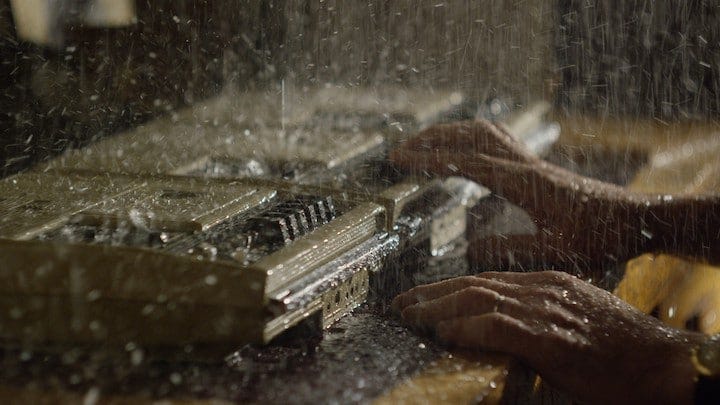‘Notes on Blindness’ Is a Precise Portrait of Altered Perception

John Hull, an Australian theologian working at the UK’s University of Birmingham, went blind in 1983. He was 48 years old. Over the next two decades, he skillfully adjusted his professional, intellectual and family life to this disability. He kept an audio diary, recording both his technical achievements and his philosophy. “I am concerned to understand…
Keep reading with a 7-day free trial
Subscribe to Nonfics to keep reading this post and get 7 days of free access to the full post archives.



